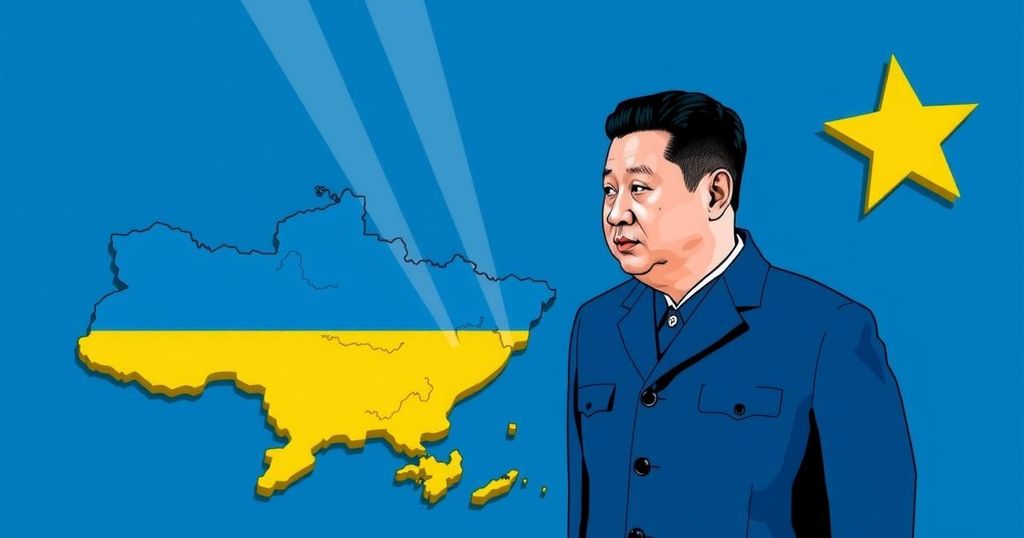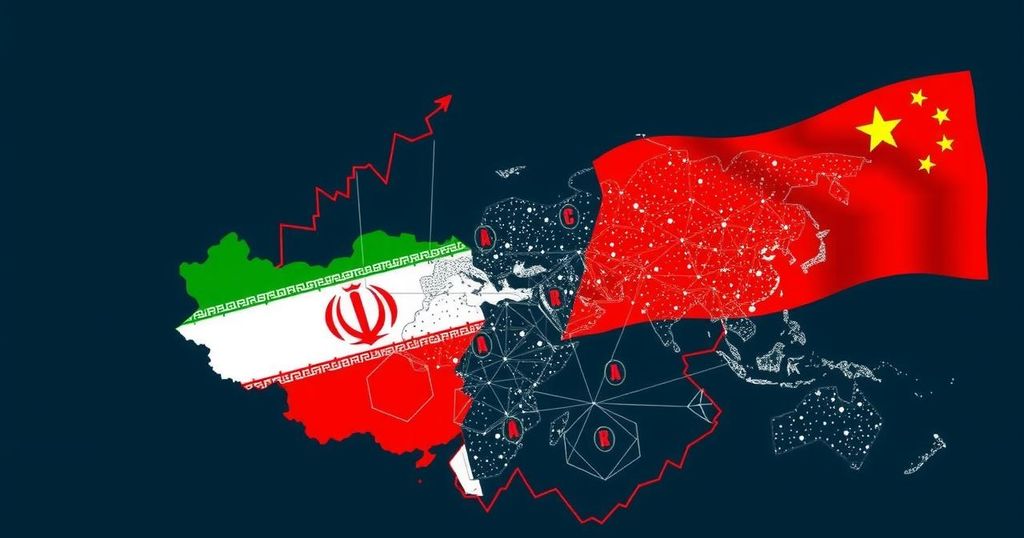Conflicts
Politics
ANTONY BLINKEN, AP, ASIA, BEIJING, CHINA, CHUNG SUNG - JUN, DEFENCE, DEFENSE, EEAS, ENERGY INFRASTRUCTURE, EU, EUROPEAN UNION, JAPAN, KOREA, NORTH, KYODO NEWS, MILITARY SUPPORT, NICOLAS TUCAT, NORTH KOREA, PYONGYANG, RUSSIAN INVASION OF UKRAINE, SOUTH KOREA, TAKESHI IWAYA, TOKYO, WAR
Nia Simpson
NATO and EU Urge China to Curb North Korean Military Support for Russia
NATO and the EU are urging China to intervene and stop North Korea’s military support to Russia in Ukraine, where up to 12,000 North Korean troops have reportedly been deployed. The geopolitical situation has prompted new security partnerships in Asia. NATO Secretary General Mark Rutte emphasized China’s responsibility in this issue, while EU officials underscore the need for a robust global security strategy.
NATO and the European Union are intensifying their diplomatic efforts to compel China to intervene and halt North Korea’s provision of military support to Russia concerning the ongoing conflict in Ukraine. Reports indicate that North Korea has deployed as many as 12,000 troops to assist Russian forces in the Kursk region, which has raised alarms among U.S., South Korean, and Ukrainian intelligence agencies. In exchange, Russia is purportedly supplying missile technology to North Korea, exacerbating regional security concerns. The United States is urging its allies to exert political pressure on China, given the historical ties between Pyongyang and Beijing, which have existed since their diplomatic bond was formed in 1949. Recently, the European Union bolstered its security relationships with Japan and South Korea to counteract this growing threat. NATO Secretary-General Mark Rutte emphasized in an opinion piece that “China bears particular responsibility here, to use its influence in Pyongyang and Moscow to ensure they cease these actions. Beijing cannot pretend to promote peace while turning a blind eye to increasing aggression.” Further emphasizing the interconnectedness of global security, Rutte warned that the exchange of missile technology constitutes an urgent threat to not only Europe but also to Japan, South Korea, and the United States. The previously distinct realms of Euro-Atlantic and Indo-Pacific security must now be viewed in a unified context, as the challenges posed by North Korea and Russia illustrate the necessity for a cohesive response. Despite the cooperation between North Korea and Russia, analysts suggest that China remains hesitant to solidify a three-nation anti-West alliance due to its preference for stability amidst various economic challenges. In a recent communication, EU foreign policy chief Josep Borrell outlined discussions held during visits to Japan and South Korea, underscoring the escalating seriousness of North Korea’s military cooperation with Russia and the formation of new defense partnerships. He asserted, “The EU was certainly not born as a military alliance but, in the current geopolitical context, it can and must also become a global security provider and partner.” As the Biden administration approaches its final months, Secretary of State Antony Blinken reiterated the commitment to support Ukraine in its defense against Russian aggression, expressing determination to provide the necessary aid to empower Ukraine during the ensuing year. This ongoing situation underscores the imperative for collaborative international efforts to address the challenges posed by North Korea and Russia’s burgeoning alliance.
The geopolitical dynamics surrounding North Korea’s military support for Russia in the context of the conflict in Ukraine have drawn substantial international attention. As North Korea allegedly provides troop assistance to Russian forces, regional and global powers are increasingly concerned about the implications for security. This relationship is further complicated by historical ties between North Korea and China, and the U.S. is leveraging its allies in Europe and Asia to counter these developments. NATO and EU officials are actively seeking to engage China to mitigate North Korean aggression, highlighting the need for cohesive security strategies in a changing geopolitical landscape.
In conclusion, the collaboration between NATO, the European Union, and the United States reflects a concerted effort to counteract North Korea’s support for Russia in the Ukraine conflict. With diplomatic pressure aimed at China, the Western bloc seeks to address the significant challenges posed by the deepening military ties between Pyongyang and Moscow. The evolving security landscape necessitates a unified international response, emphasizing the importance of strategic partnerships in maintaining geopolitical stability.
Original Source: apnews.com








Post Comment